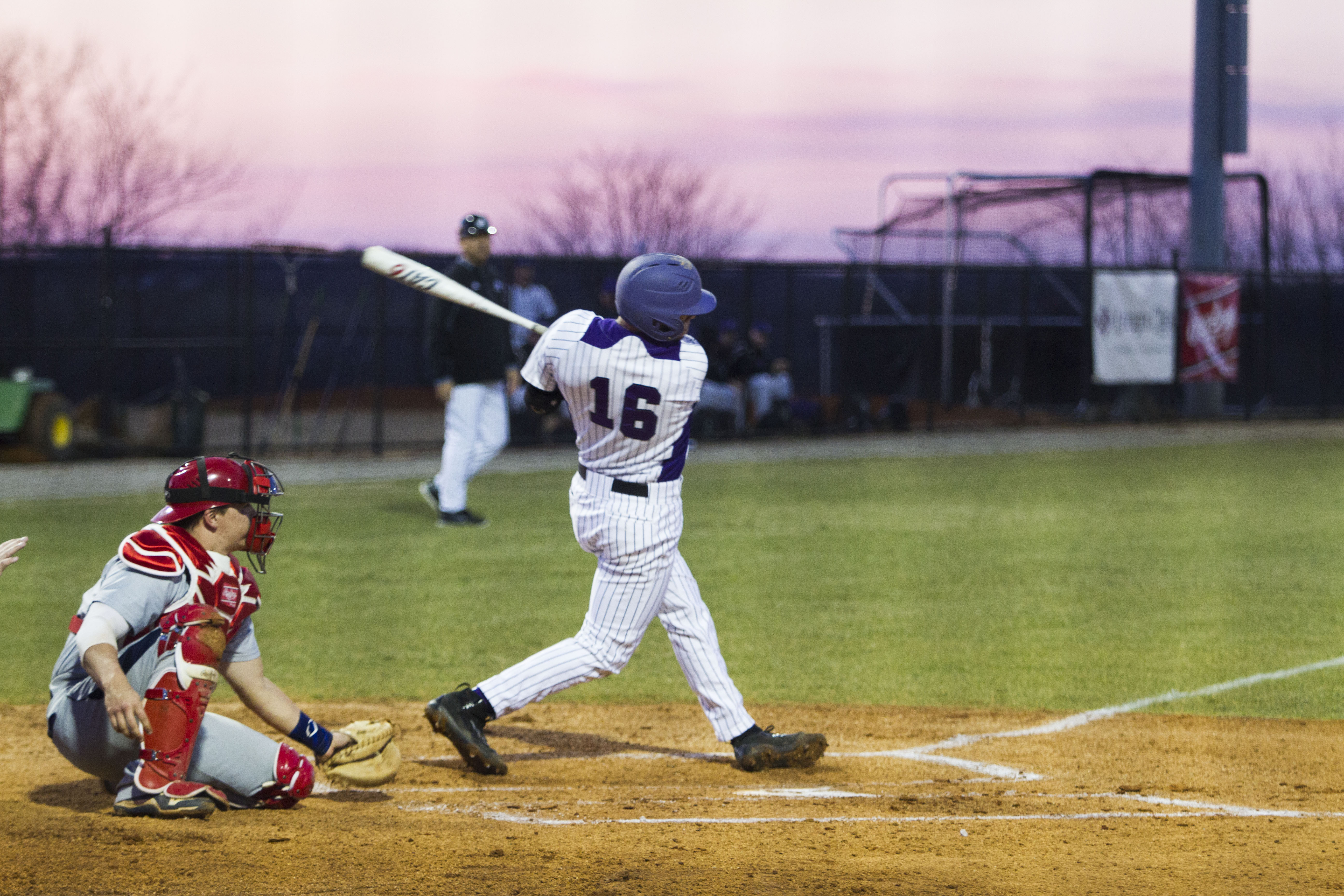Zack Peñalva, Sports Editor
A lot of words can be used when talking about Kentucky weather; predictable is not one of them. As we’ve seen over the past few weeks, temperatures swing wildly; sunny and pleasant one day, gray and rainy the next to possible school closings from snow the day after that. The first three months of the year hang in some odd limbo between winter and spring where either one seems likely to happen on any given day. It’s a mess. It’s a mess every year and will continue to be a mess until the ice caps melt or Jesus calls us home.
So why, with all of this in mind, why does the baseball season insist on trying to start in the middle of this meteorological quagmire? “You’ve got to be a Florida, Arizona, California to have minimal weather impact,” said head coach Manny Cervantes. “Most of the college teams that start their season in February are going to deal with weather.”
Over the past few years, cancellations have become the norm. From 2014 through last season the Eagles lost around 30 games because of poor weather and field conditions.
This year, things aren’t looking much different. The Eagles have had nine oft their games cancelled so far. Their first games of the season were moved away from home up to a neutral site in Westfield, Indiana because of snow in Wilmore. In the past two seasons, the Eagles have played more than twice as many games away than they have at home.
It’s not limited to the Asbury either. The KIAC includes teams from Kentucky, Indiana, West Virginia, Ohio and Pennsylvania. In the conference, at least nine games have been cancelled so far and two more postponed.
With baseball being such a tactical game, it takes a toll on the team in how they prepare and plan for each individual game. “Baseball is such a timing sport that you want to try to help your guys get in a rhythm,” Cervantes said. On top of that, scheduling games is a logistical workout for the athletic departments of both schools.
“I don’t think people realize all the logistics involved,” said Cervantes, “as far as coordinating with umpires, ground transportation, hotels…meals, having to chalk the field, it’s pretty involved.”
As it is now, the baseball teams schedule stretches to at least the first week of May and possibly later depending on how they do in the postseason tournament. One possible solution is pushing the start of the season back a week or two. It would mean the team got done later, but they would be able to play the full amount of games. “One thing we’re doing starting next year…is we’re actually playing some games in the fall during October and early November, “ said Cervantes.
Getting the season started earlier would allow the Eagles to get some games in without having to push the season back and interfere with the conference tournament.
Cervantes also believes that it will help to get players on to the field sooner. “Our guys returning from the summer and our new recruits coming in will have games right around the corner. It’s not like they have to wait all these months to start playing in February and maybe get weathered out,” he said.
Another idea might be a little more unorthodox, but it would lessen the effect of the weather on games. “A lot of the times, games are cancelled not because it’s currently raining, but because the dirt infield is too saturated,” said Cervantes. “We’re exploring some options where potentially instead of having a dirt surface, we can just have it as a grass infield that will drain faster than dirt.”
While it may be a pipe dream, the grass infield would be less upkeep than the traditional dirt one, and it would also be less vulnerable to the elements. Whatever the call, the main concern is getting games. “Our facility is beautiful, it’s a great place to play ball…When we do get to play, everybody really appreciates the opportunity to get on the field.”


